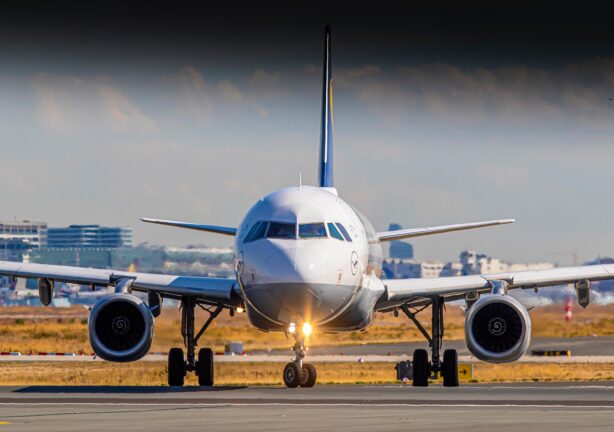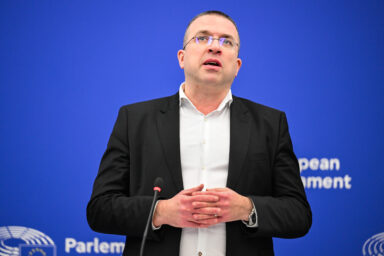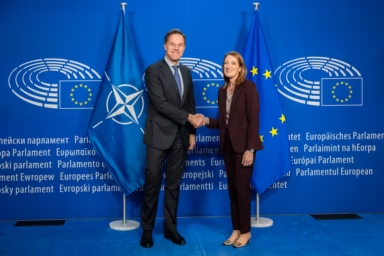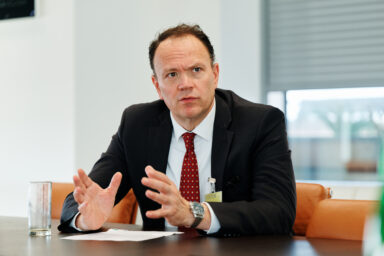European lawmakers have made clear they’re ready for a confrontation with the Council over protecting, clarifying and strengthening air passenger rights. On Monday, MEPs on the Transport Committee practically unanimously backed a negotiating position that includes guaranteed family seating, no penalties for a clerical booking error, clear compensation rules for delays, and the right to bring not one but two bags on board.
The vote passed 34–0, with two abstentions. It’s hard to imagine a firmer starting point than full agreement within Parliament’s Transport Committee (TRAN). The red lines drawn by MEPs are likely to spark tense discussions when negotiations with the Council begin on 15 October. Lead rapporteur Andrey Novakov (EPP/BGK) left no doubt that MEPs have no intention of backing down on protections they consider essential for passengers.
“The way the Council started this is not how it’s going to end,” rapporteur Novakov said. “We have several red lines to fight for, and we are not going to step down from them.”
Red lines and amoral practices
One of those red lines is the right for passengers to bring both a personal item and a small piece of hand luggage on board without extra charges. The cabin bag would need to meet set size and weight limits — a total of 100 cm in combined dimensions and no more than seven kilograms.
Another major point parliamentarians are fighting for is flight delay compensation. The Council had proposed tying compensation to both the length of the delay and the distance of the journey, with payouts starting only after four or six hours. MEPs firmly rejected that approach. They want to retain the current rule: passengers should be entitled to compensation after a delay of three hours, regardless of distance travelled. Compensation would range from €300 to €600 depending o the damages.
You might be interested
Mr Novakov also condemned airline practices such as charging families to seat a child next to their parent. “We are going to fight for the right of a parent not to pay,” he made crystal clear. “I think its not moral,” he explained.
Not optional extras
Lawmakers also want to ban fees for correcting minor booking errors — like misspelled names — and for checking in at the airport. In their view, these should be considered standard services, not add-ons.
To reduce legal grey areas, the committee proposed a defined list of extraordinary circumstances under which airlines could avoid paying compensation. These would include natural disasters, armed conflict, severe weather and unforeseen labour disputes — but not strikes by airline staff. The list would be maintained and updated by the European Commission, in line with relevant EU Court of Justice rulings.
Where do we go from here? Sunny skies or turbulence?
The adopted position becomes Parliament’s mandate for interinstitutional talks, due to begin this week under Denmark’s rotating Council presidency. Negotiations are expected to continue into early 2026. The reform itself has been more than a decade in the making — stalled, revised and debated for nearly 11 years. But with passengers still too often left footing the bill for delays, cancellations and fine-print traps, lawmakers now see this moment as a chance to finally deliver.
Though the outcome remains uncertain, MEPs have thrown down the gauntlet. While turbulence can certainly be expected, air travellers may well see long-awaited reforms take off and see the cloud of extra fees lifted after all.











